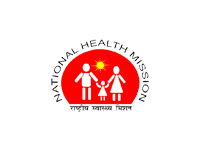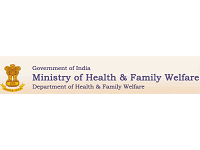The Fundamental Rights embodied in the Indian Constitution act as a guarantee that all Indian citizens enjoy rights such as equality before the law, freedom of speech and expression, freedom of association and peaceful assembly, freedom of religion, and the right to constitutional remedies for the protection of civil rights.
Most of the rights can be summed up as; the right to non-discrimination, equal protection and equality before the law, the right to life, the right to the highest attainable standard of physical and mental health, the right to liberty and security of person, the right to freedom of movement, the right to seek and enjoy asylum, the right to privacy, the right to freedom of opinion and expression and the right to freely receive and impart information, the right to freedom of association, the right to work, the right to equal access to education, the right to an adequate standard of living, the right to social security, assistance and welfare, the right to share in scientific advancement and its benefits, the right to participate in public and cultural life, the right to be free from torture and cruel, inhuman or degrading treatment
Three of the most important rights in the HIV scenario include:
Right to Informed Consent
Testing for HIV requires specific and informed consent of the person being tested and for any research and information sharing.
Right to Confidentiality
A person has the right to keep information on HIV status confidential. However, they can take the help of Suppression of Identity under a pseudonym.
Right against Discrimination
A person has the right to be treated equally as per the fundamental rights covered under law and constitution.

























